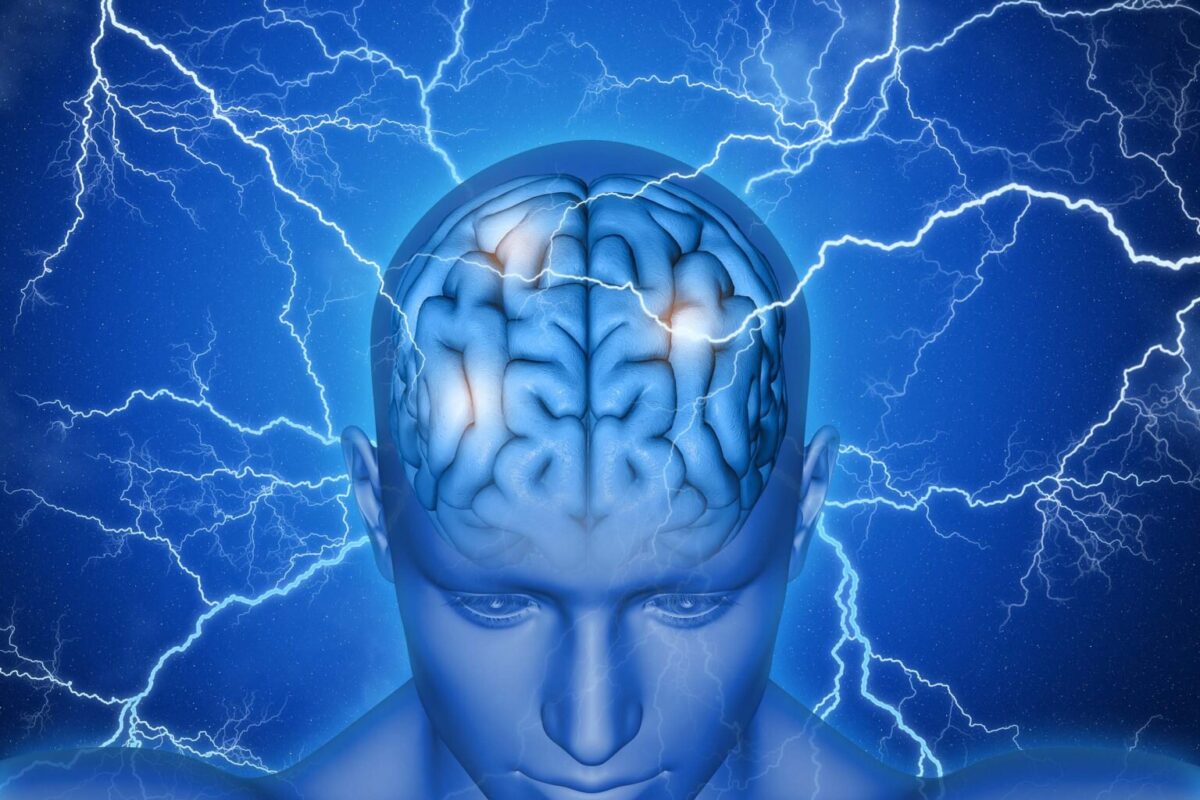Physiotherapy is a spectacular therapy in the field of medicine that is effective to solve most of all health problems.
Neurological Physiotherapy is a special branch of therapy that exclusively involves your brain (Neuro), spinal cord, and your peripheral nerves. This involves loss of muscular movement, physical disability stimulated by mental disability as well as deterioration of neural (nerve) functioning.
What conditions require Neurological Physiotherapy?
- Stroke
- Head injury caused during accidents
- Traumatic Brain Injury
- Spinal Cord Injury
- Parkinson’s Disease
- Bell’s Palsy
- Multiple Sclerosis
- Paralysis
- Muscle spasms
- Lack of sensation in the limbs
All the above-mentioned medical conditions are connected to the brain, spinal cord, or the nervous system of the body. It is when either of these pathways is damaged, the connection of the brain to the specific hands, legs, or the motor organ is disabled. This results in the brain signals not reaching anywhere else in the body.
Physiotherapy VS Neurological Physiotherapy
Physiotherapy is the stimulation of muscles, ligaments, or tendons to activate the movement and sensation of the muscle. In the same way, Neurological Physiotherapy or Neuro Physiotherapy is the stimulation of certain parts of the brain to repair the connection and the pathway between the brain and the motor organ.
How does Neurological Physiotherapy help?
Treatment plans for Neurological Physiotherapy are different depending on the type of injury and the condition of the injury. These include focusing on improving cardiovascular functioning, strength, and agility, movement, balance as well as the overall coordination of the body muscles.
- Improve muscular strength
- Develop a better range of motion
- Improve posture
- Decrease muscular contractions
- Reduce muscle spasms
- Improve breathing
- Better balance
- Relieve pain
- Promote independent movement
- And to achieve maximum potential
At PhysioExperts, we use a combination of different neurological therapies to provide a beneficial approach to the treatment. Neurological malfunctioning often includes difficulties in breathing, swallowing, and trouble in speech.
Why should you not wait to begin with Neurological Physiotherapy?
When a rehabilitation program is regarding Neuro i.e., brain, it is necessary to understand that all of our body functions and muscle movements are controlled and coordinated by our brain.
When the connections between our brain and other body functions are disrupted, there are chances the restoration process may have to begin from scratch when put off for a longer period.
The initial assessment of Neurological Physiotherapy is different from that of regular physiotherapy. Neurological physiotherapy requires a complete analysis of the body regarding the area affected. This means, once when the affected painful area is recognized, the neurological physiotherapist must examine other parts of the body that are controlled by the same part of the brain as that of the painful area. This helps to understand the actual CAUSE OF THE PAIN – Brain, Spinal cord, nerves, or the muscles.
At PhysioExperts, the physiotherapists are trained to provide a customized plan of treatment after a complete evaluation of the problem. This is why the sessions are usually extended ineffectively by the fee.
The treatment goals set for you are of 2 types:
- Short-term goals
- Long-term goals
Short-term goals that aim for you to be able to carry out daily tasks and routines smoothly without discomfort and most importantly pain.
Long-term goals include for you to attain complete restoration of the movement and promote strength and agility of the muscles.
Why Choose PhysioExperts for Neurological Physiotherapy in Ottawa?
- One-on-One treatment.
- Evidence-based approaches towards Neurological Physiotherapy.
- In-home services are available as well.
- No doctor referral is required.
- Modern and up-to-date equipmentmen clinic.
- Experienced and Registered Physiotherapists.
- Direct Insurance Billing.
Along with specialized treatment with the physiotherapist, we also provide a customized plan of exercises to do so at home for better results.
Call today at 613-672-6000 or book an appointment with us at PhysioExperts.
For any concerns drop us an email: info@physioexperts.ca
Follow Us Facebook | Twitter | Instagram





